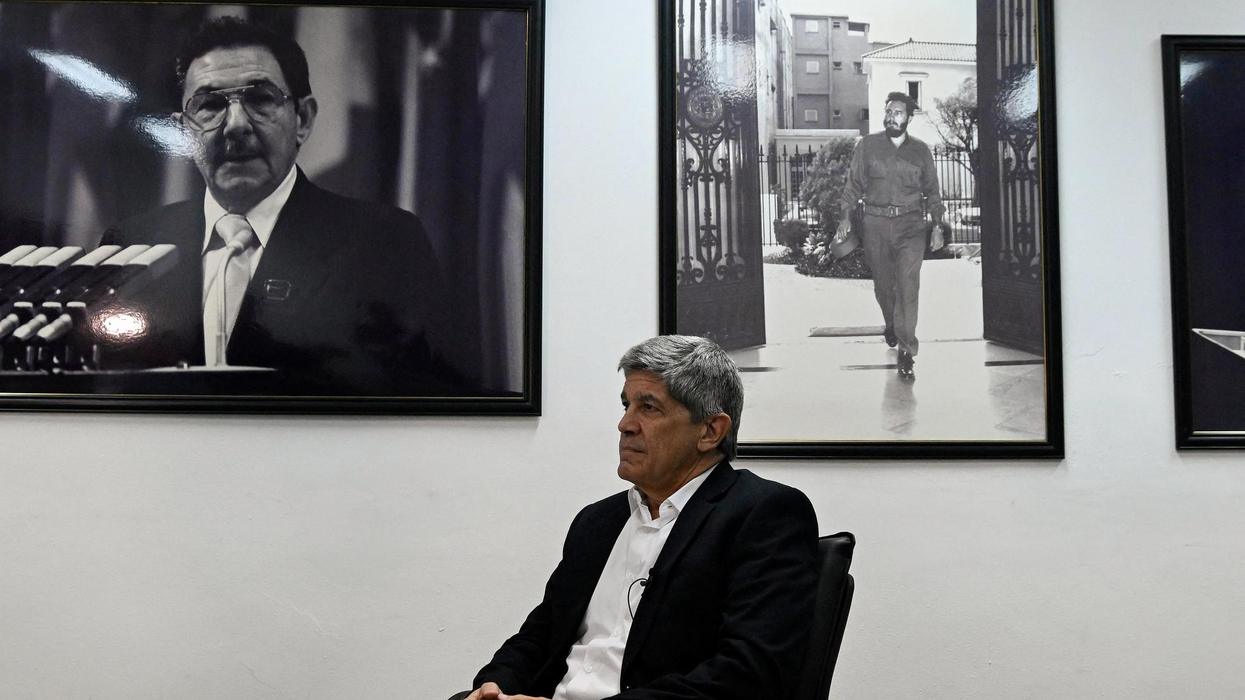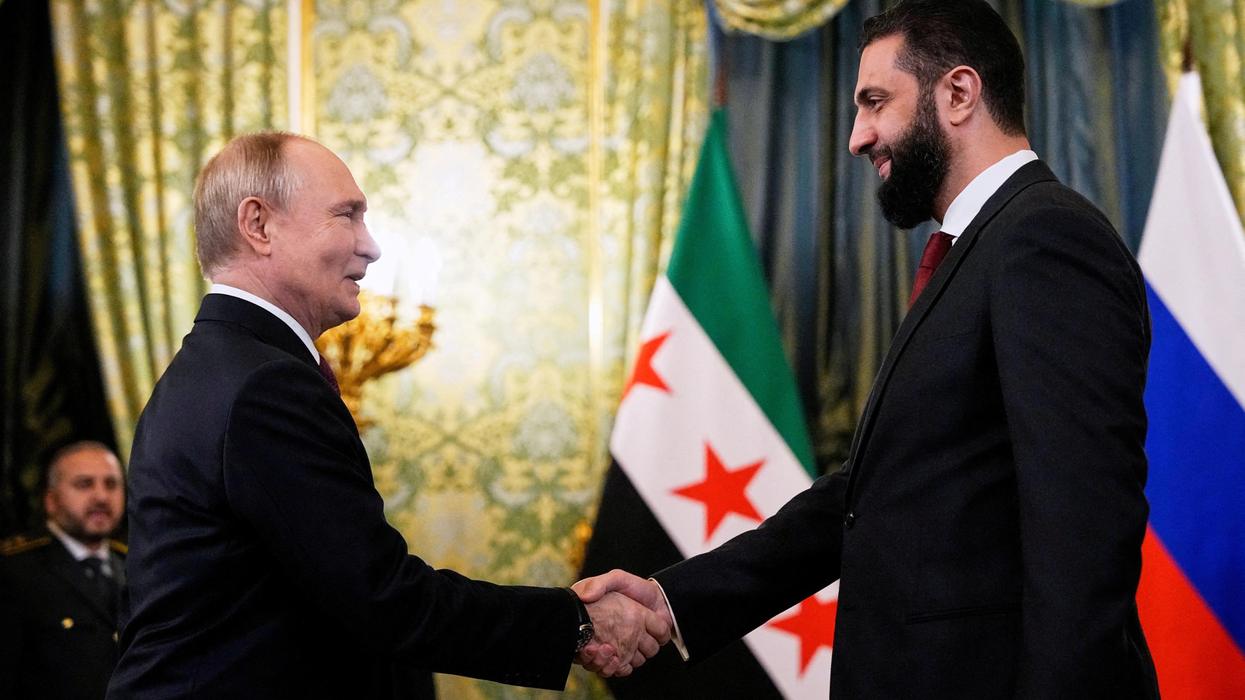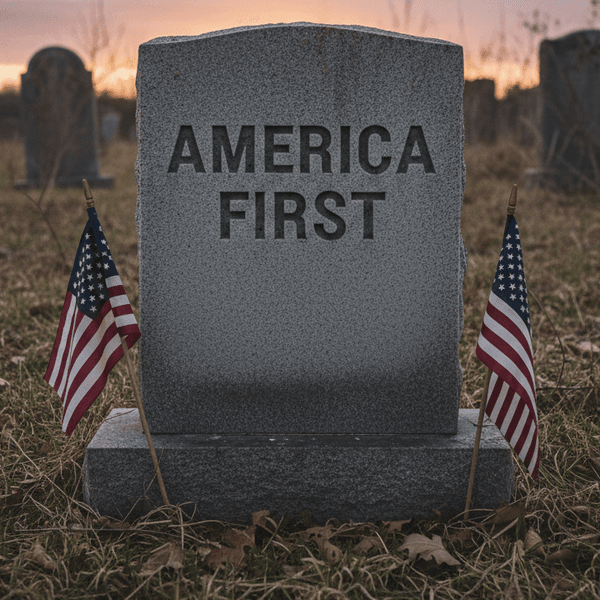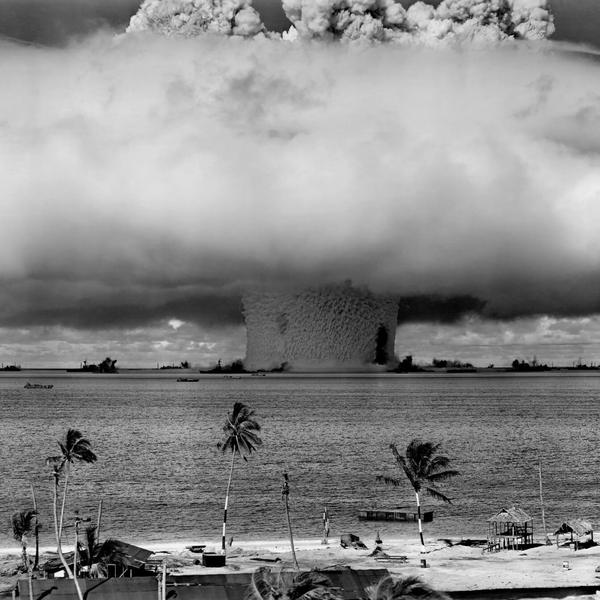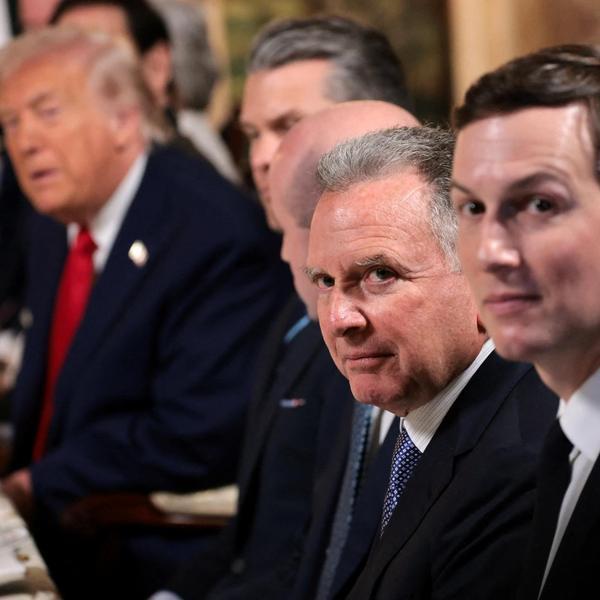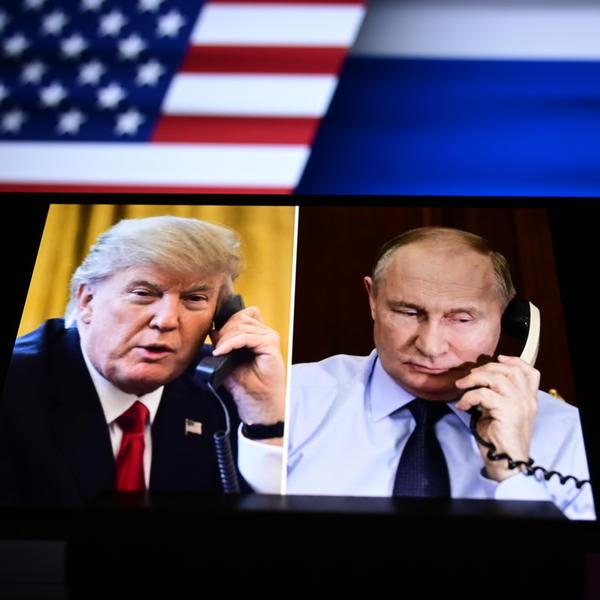Earlier this month, the Biden administration released the Interim National Security Strategic Guidance laying out the president’s approach to foreign affairs. It identifies the wide-ranging threats currently facing the United States, from rising authoritarianism and right-wing extremism to the climate emergency and the ongoing COVID-19 pandemic. Predictably, it also frequently mentions China as the only competitor able to mount a serious challenge to the U.S.-led international system.
Curiously, the document hardly discusses regional actors, such as Iran and North Korea, which are regularly cited as impediments to American interests. This is surprising given that many top Biden national security officials held similar positions in the Obama administration, which negotiated the Iran nuclear deal and told former President Donald Trump that taming North Korea’s nuclear weapons would be his chief national security challenge .
Yet, it may be a sign Biden is rethinking previous presidents’ desires to fully denuclearize the Korean Peninsula, a welcome shift considering Trump spectacularly failed to meet this objective while North Korea’s nuclear stockpile has only grown over the last four years. While North Korea’s nuclear arsenal poses continuing problems for regional stability in East Asia, it does not constitute a direct threat to the United States in ways that are often portrayed. In charting a new way forward, the Biden team should examine the last time American policymakers faced a comparable dilemma in East Asia: China’s nuclear proliferation in the 1960s.
After repeated confrontations with the United States during the 1950s, including the Korean War and the First Taiwan Strait Crisis, Chinese leader Mao Zedong authorized the establishment of a nuclear weapons program. He reasoned that if China possessed nuclear weapons, even a modest amount, it would enhance its diplomatic credibility and ensure the United States could not use “nuclear blackmail” to modify Chinese behavior. To boost its communist ally, the Soviet Union initially agreed to help Beijing acquire the bomb. During the remainder of the decade, China made steady progress on developing atomic energy and eventually building a nuclear device.
By the early 1960s, U.S. officials began to pay closer attention to China’s growing nuclear capabilities. In the final days of the Eisenhower presidency, a national intelligence estimate predicted China’s first nuclear test would likely occur sometime between 1962-1964, but that it would take at least two years after that to assemble a small cache of atomic weapons. Despite increasing Sino-Soviet tensions, the State Department also concluded the Chinese possessed enough technical knowledge to eventually produce a nuclear weapon on their own without Soviet aid.
With John F. Kennedy’s arrival at the White House, American concerns over Beijing’s nuclear ambitions grew. In the summer of 1961, the Joint Chiefs of Staff prepared a study on the probable impacts of China’s procurement of a nuclear deterrent. They warned that U.S. allies in Asia would become demoralized and panic about the increased likelihood of war in the region. As a result, they would feel new pressure to engage China diplomatically, to the detriment of American credibility. More broadly, attainment of nuclear weapons would enhance China’s status as a world power and cause its foreign policy to become more hawkish and aggressive.
To prevent Beijing from succeeding, or to soften the blow if it did, the JCS recommended working with regional partners on a multi-pronged program of coordinated actions, including strengthening U.S. alliances in Asia; facilitating Japan’s civilian nuclear activities; reinforcing Washington’s military capabilities in the Western Pacific, and initiating a covert action campaign to destabilize both China’s nuclear program and its communist regime. A year later, the Institute for Defense Analyses wrote a massive report for the Pentagon that largely supported the JCS assessment.
However, other U.S. analysts viewed these evaluations with skepticism. Researchers at the RAND Corporation argued that, although a modest Chinese nuclear arsenal would create challenges for American interests in Asia, Beijing’s leadership would remain cautious and not seek to directly confront U.S. military power. State Department intelligence analysts asserted China would avoid reckless decisions due to its comparative weakness, the probability of U.S. nuclear retaliation, and the uncertainty of Soviet support in a clash with the United States. Leading China experts at the State Department agreed, maintaining that a Chinese nuclear deterrent’s primary purpose would be to protect Chinese territory and that it was unlikely to alter the balance of military power in Asia. To reduce the political or psychological effectiveness of a successful Chinese nuclear test, they suggested reassuring local allies by bolstering their defensive abilities and muting their reaction to an effective test in order to avoid unduly inflating threat perceptions.
Shortly after Lyndon Johnson became president in 1963, a State Department report tipped the scales in favor of U.S. restraint toward the Chinese nuclear program. In the spring of 1964, its policy planning staff forwarded a lengthy memorandum to the national security adviser evaluating the possibilities for direct American action against Chinese nuclear facilities. Its authors insisted preventative measures would delay, but not thwart, Chinese atomic development. Inadequate intelligence would likely hinder U.S. efforts to effectively target all of China’s facilities, meaning Beijing could quickly rebuild any lost capacities to an offensive strike.
Instead, barring belligerent Chinese military action, any U.S. attack would be seen as dangerous and needlessly escalatory, handing Chinese leaders a major propaganda victory. An attack would also allow Beijing to paint the United States as an aggressor and the source of regional instability. Ultimately, the report concluded, China’s impending nuclear deterrent was not significant enough to justify American offensive action given the high political or military costs that would be incurred. When China finally successfully detonated a nuclear test in October 1964, U.S. decision makers were unfazed and downplayed the event.
The conundrums American policymakers faced over Chinese nuclear proliferation during the early 1960s hold important lessons for addressing North Korea today. At the outset, it is imperative to highlight the fact that, although Washington had serious concerns about China becoming a nuclear power, it eventually decided to tolerate a limited Chinese nuclear arsenal and shifted toward a strategy of risk management and extended deterrence. This change later helped set the stage for the U.S. opening to China in the early 1970s and the eventual establishment of formal Sino-American diplomatic relations. Moreover, U.S. officials were able to rationalize this policy for the world’s largest nation, with a population of nearly 700 million in 1964. Surely, North Korea, with a population of roughly 25 million today, poses no similar potential threat to American security.
Rather than focusing on the unrealistic possibility of full denuclearization, Washington should work with its local partners to foster a more peaceful environment in East Asia. This must include accepting North Korea’s nuclear capabilities, even if we don’t like them, and ensuring they no longer contribute to regional volatility. This can only be achieved through diplomatic engagement and rethinking our approach to the Korean Peninsula. The Biden administration would be wise to heed the critical takeaways its predecessors discovered with China’s nuclear program. A new strategy built on these conclusions would help avoid war on the Korean Peninsula and enhance stability in East Asia.



